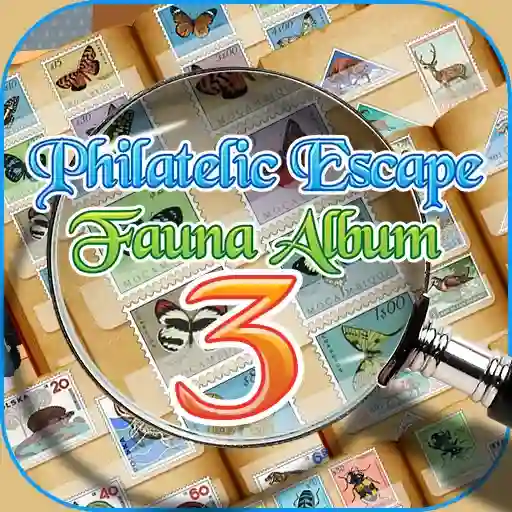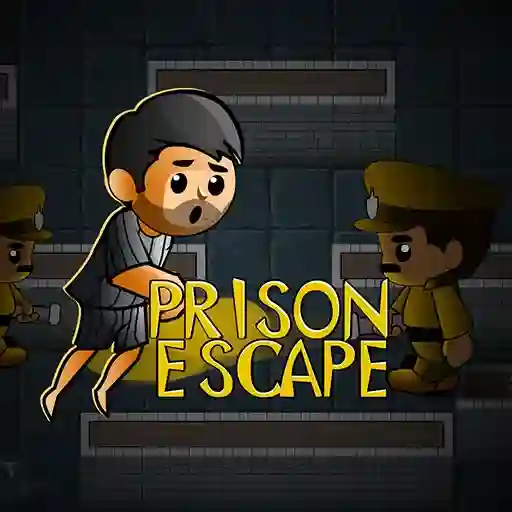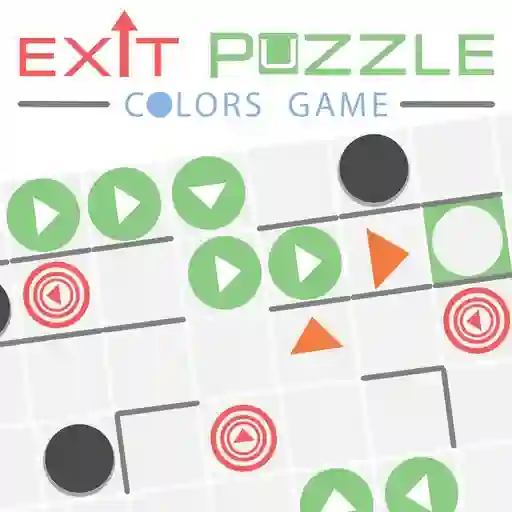







































Escape games are a genre of video games where players must navigate and solve puzzles to escape a locked or confined environment. These games often feature interactive environments, time-sensitive challenges, and complex problem-solving. They can range from physical escape rooms to digital point-and-click adventures and mobile puzzle games. The core objective is to uncover hidden clues, manipulate objects, and unlock new areas to progress toward freedom.
Key features of escape games include:
• Collaborative gameplay: Many escape games are designed for teams, requiring communication and teamwork.
• Diverse puzzles: From logic grids to decoding messages, puzzles vary in complexity and creativity.
• Immersive narratives: Stories often involve mystery, horror, or sci-fi themes to enhance the experience.
• Time limits: Some games challenge players to escape within a set time, adding pressure and excitement.
• Replayability: Multiple endings or secret rooms encourage players to revisit the game.
Escape games cater to a wide audience, from casual gamers to experienced puzzle enthusiasts, offering a unique blend of intellectual challenge and entertainment.
What is the best way to succeed in escape games?
The key to success lies in thorough observation, creative thinking, and effective communication. Search every corner of the environment, interact with objects, and share discoveries with your team.
Do all escape games have time limits?
No, while many escape games include time limits to increase difficulty, others offer relaxed gameplay where players can take their time to solve puzzles without pressure.
Are escape games suitable for all ages?
Yes, escape games can be enjoyed by players of all ages, though some themes (e.g., horror) may not be suitable for younger audiences. Many games are family-friendly and can be a great way to bond or sharpen problem-solving skills.